The Internal Revenue Service has revealed that it owes nearly one million US taxpayers a staggering $1 billion in unclaimed refunds.
The refunds stem from the tax year ending in 2021 and include the 2020 Recovery Rebate Credit. However, if this money is not claimed by May, it will expire. So, here’s how to know if you’re entitled to a portion of the money.
IRS Set to Pay Out Close to $1 Billion

The Internal Revenue Service diligently ensures US citizens pay their fair share of taxes yearly.
However, sometimes, the Federal Agency takes more than the nation is owed and is later forced to issue refunds. Well, in 2020, they overestimated by $1 billion, and now, according to Fox Business, it’s time to claim before it’s too late.
IRS Issues Warning

Recently, the IRS issued a warning urging Americans to come forward and claim what they are owed from 2020 before the deadline approaches.
As of May 17, the $1 billion will no longer be available for the 940,000 Amercians who can currently submit a claim.
The Money Remains on the Table

Speaking on the situation at hand, IRS Commissioner Danny Werfel explains there are varying amounts of money available for many Americans.
“There’s money remaining on the table for hundreds of thousands of people who haven’t filed 2020 tax returns,” he said.
IRS Commissioner Issues Warning

The IRS Commissioner explained that time will soon run out for those who have yet to submit a refund claim.
“We want taxpayers to claim these refunds, but time is running out for people who may have overlooked or forgotten about these refunds.”
Taxpayer Laws Extended Due to Covid

Typically, Americans only have three years to file for their tax refunds. However, due to the COVID-19 pandemic, the period to apply for 2020 refunds was extended slightly.
However, if those entitled to a refund do not apply by May 17, the money legally becomes the property of the Treasury Department.
How to Know if You’re Entitled to a 2020 Refund

Anyone who wants to see if they’re entitled to a refund from 2020 must first submit a 2020 tax return.
Typically, the software is available for three years; however, it was extended for 2020 refunds.
The First Step in Applying for the Tax Refund

First, those who may be entitled to a tax refund must complete an IRS Form 1040.
However, tax refunds from previous years cannot be completed online, so the form will have to be printed out and filled in by hand.
Choose the Correct Address

Once the form is completed, a signature is required before sending it via mail to the correct IRS regional office.
All of this must be completed and reach the correct office by May 17, or risk losing the chance of a refund.
The Recovery Rebate Credit

As well as a tax refund from 2020, many Amercians could be entitled to additional money if they missed out on one or more of the impact payments issued in the same year.
The economic payments refer to the stimulus checks issued in 2020. If you missed out on any of these payments and forgot to file your taxes in 2020, you have until May 17 to claim them back.
Finding the Correct Documentation

If you’re still unsure what documentation is required to file your 2020 taxes, the IRS has all of the required forms on its page.
If you’re missing support documents, including the 1099, 1098, 5498, or W-2 from 2019, these can be collected from your employer.
One Problem May Arise

While the idea of a refund is mostly straightforward, there is one minor problem that may arise for those attempting to obtain a refund from 2020.
If an individual has failed to file for their 2021 and 2022 tax returns, the IRS did note that it may hold your 2020 tax refund until you do so. So, ensure that all subsequent tax returns are filed to give you the best chance of taking a piece of that $1 billion pot.
Common Reasons for Unclaimed Refunds
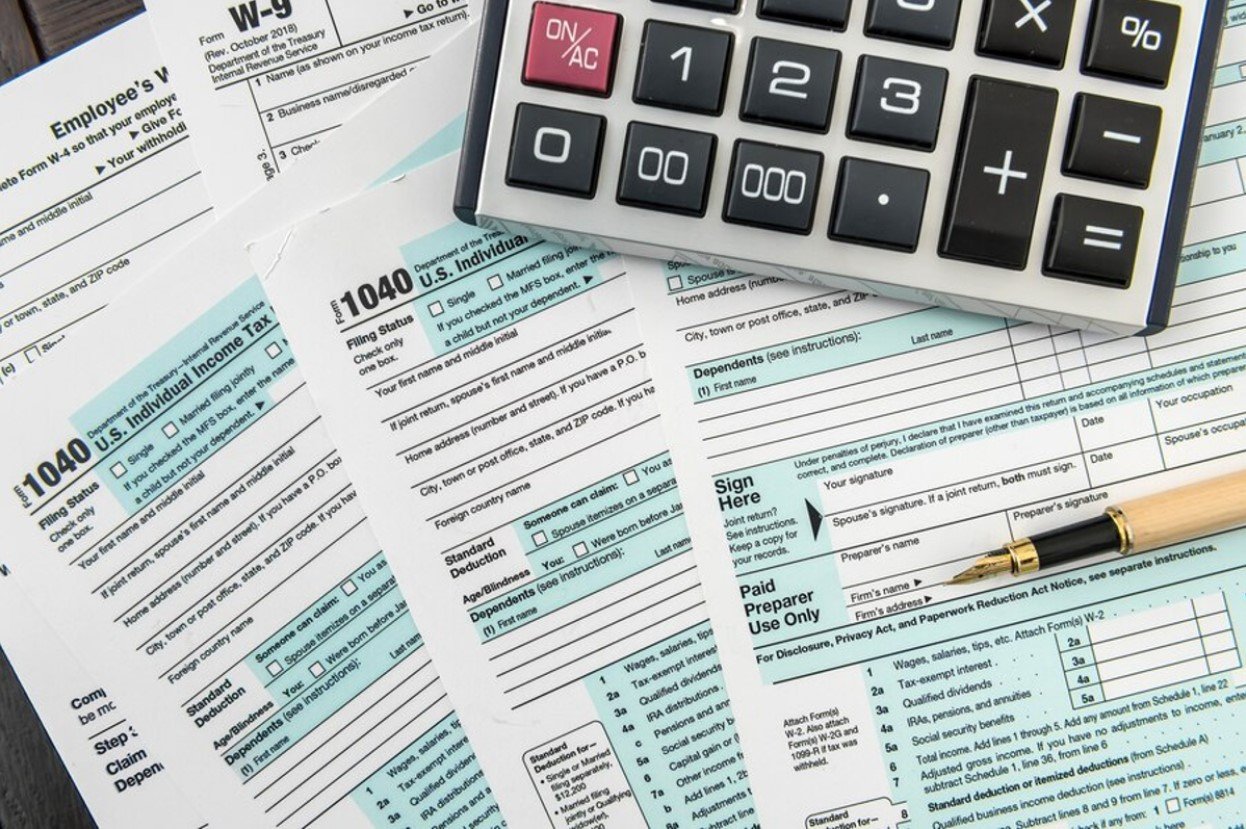
Many taxpayers miss out on refunds because they are unaware they are due a refund or find the process of filing back taxes daunting. Others may not claim because they fear making mistakes or facing audits.
Understanding these common hurdles can empower taxpayers to take the necessary steps to claim what they are owed.
Impact of Unclaimed Refunds on Taxpayers

When taxpayers do not claim their refunds, they lose crucial financial resources that could help cover living expenses or pay down debts (via Investopedia).
Especially in economically tough times, these funds can provide necessary relief and support financial stability and recovery for individuals and families alike.
Role of Tax Professionals

Tax professionals play a critical role in guiding taxpayers through the complex process of claiming refunds.
They can help understand tax obligations, file correct returns, and ensure timely submissions, thus increasing the likelihood of recovering unclaimed funds from previous years.
Challenges in the Refund Process
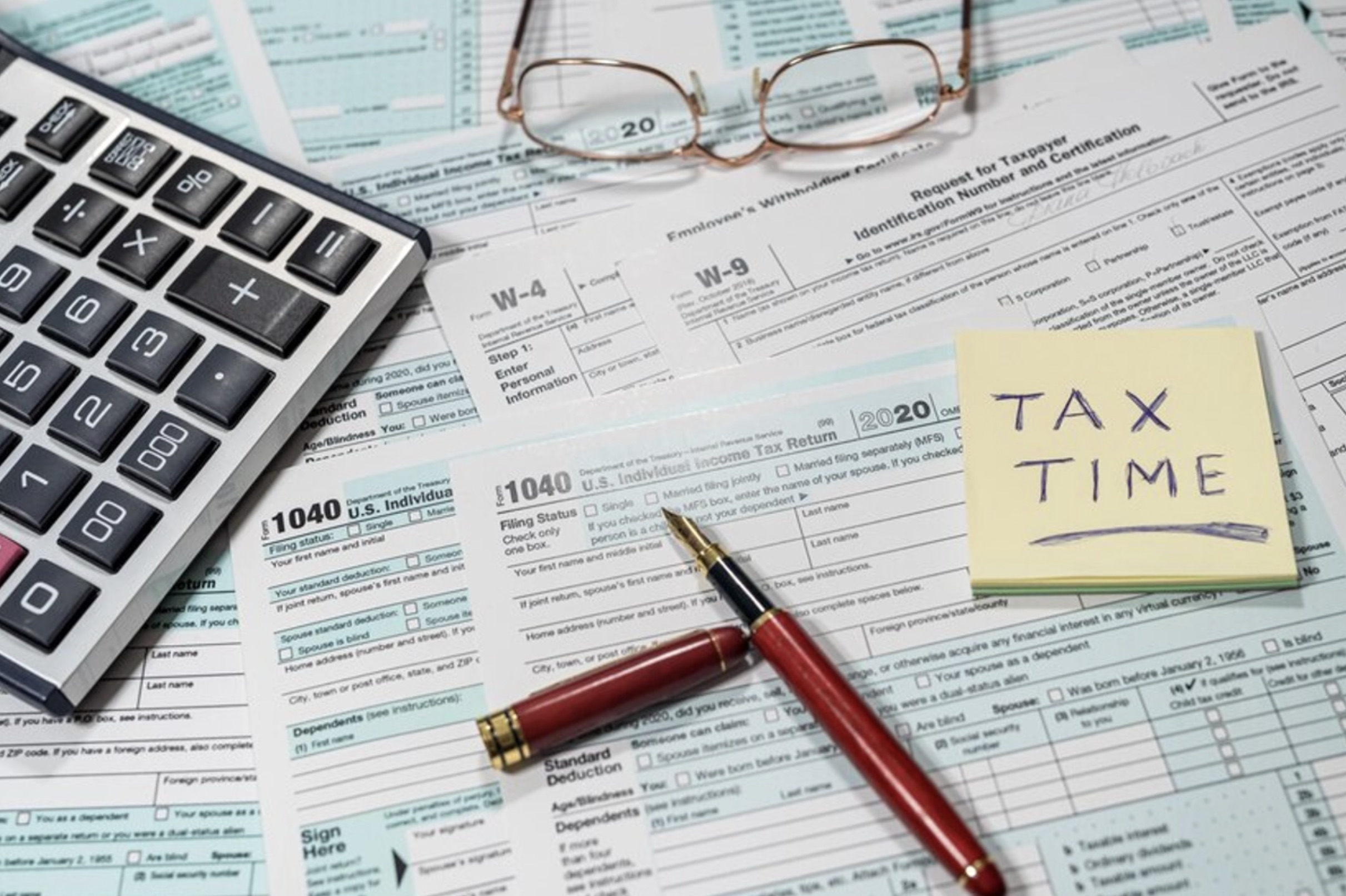
Taxpayers often face challenges such as confusing paperwork, long waiting times for processing, and unclear eligibility criteria.
These barriers can discourage them from claiming their refunds, leaving significant amounts unclaimed each year.
The PATH Act
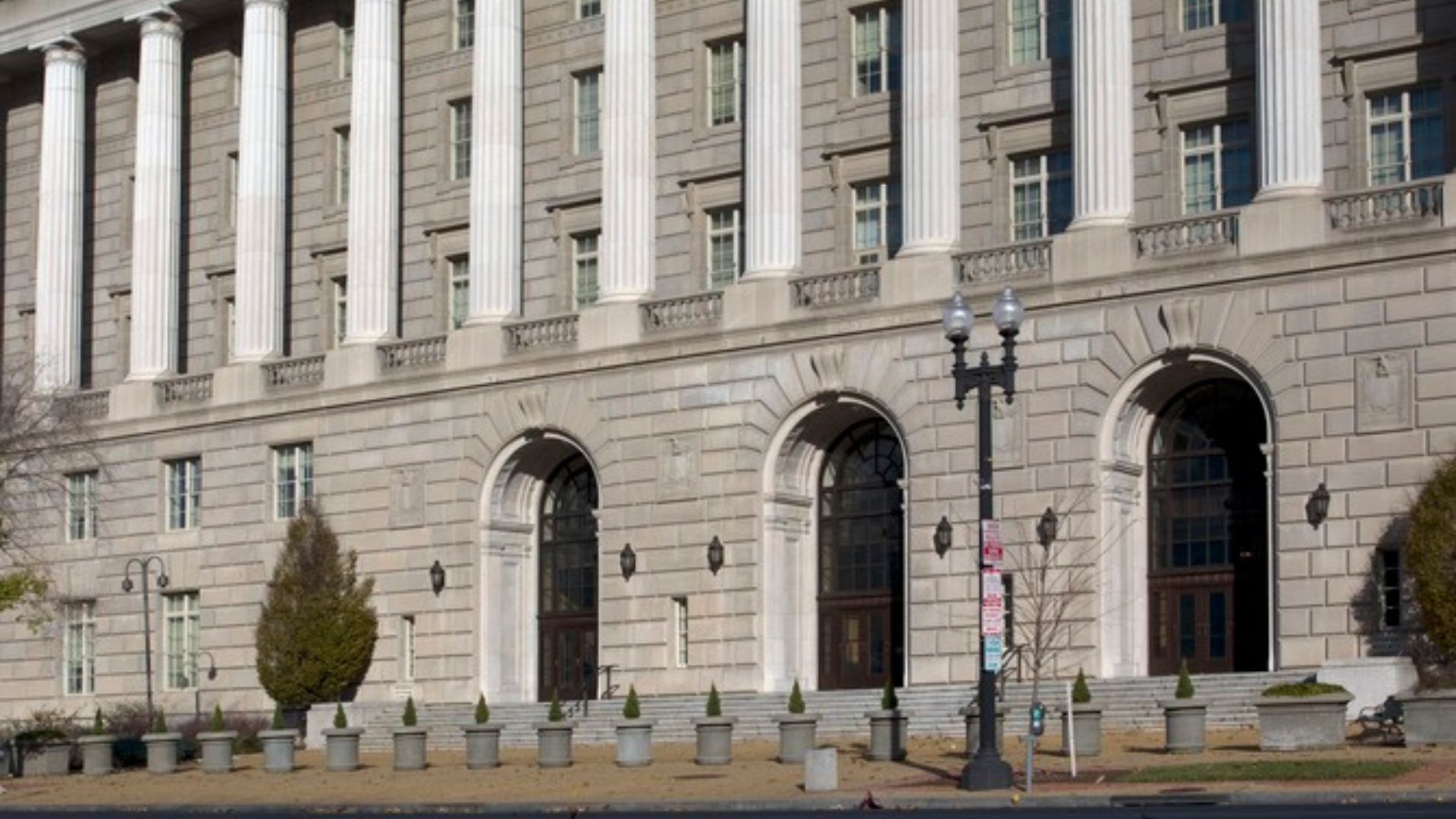
The Protecting Americans from Tax Hikes (PATH) Act significantly influences the timing and issuance of refunds. It mandates the IRS to hold refunds claiming the Earned Income Tax Credit or Additional Child Tax Credit until mid-February to combat fraud and ensure accuracy.
This delay affects taxpayers who rely on early refunds for financial planning, highlighting the need for awareness and strategic budgeting to accommodate this change.
Legislative Changes Affecting Refunds
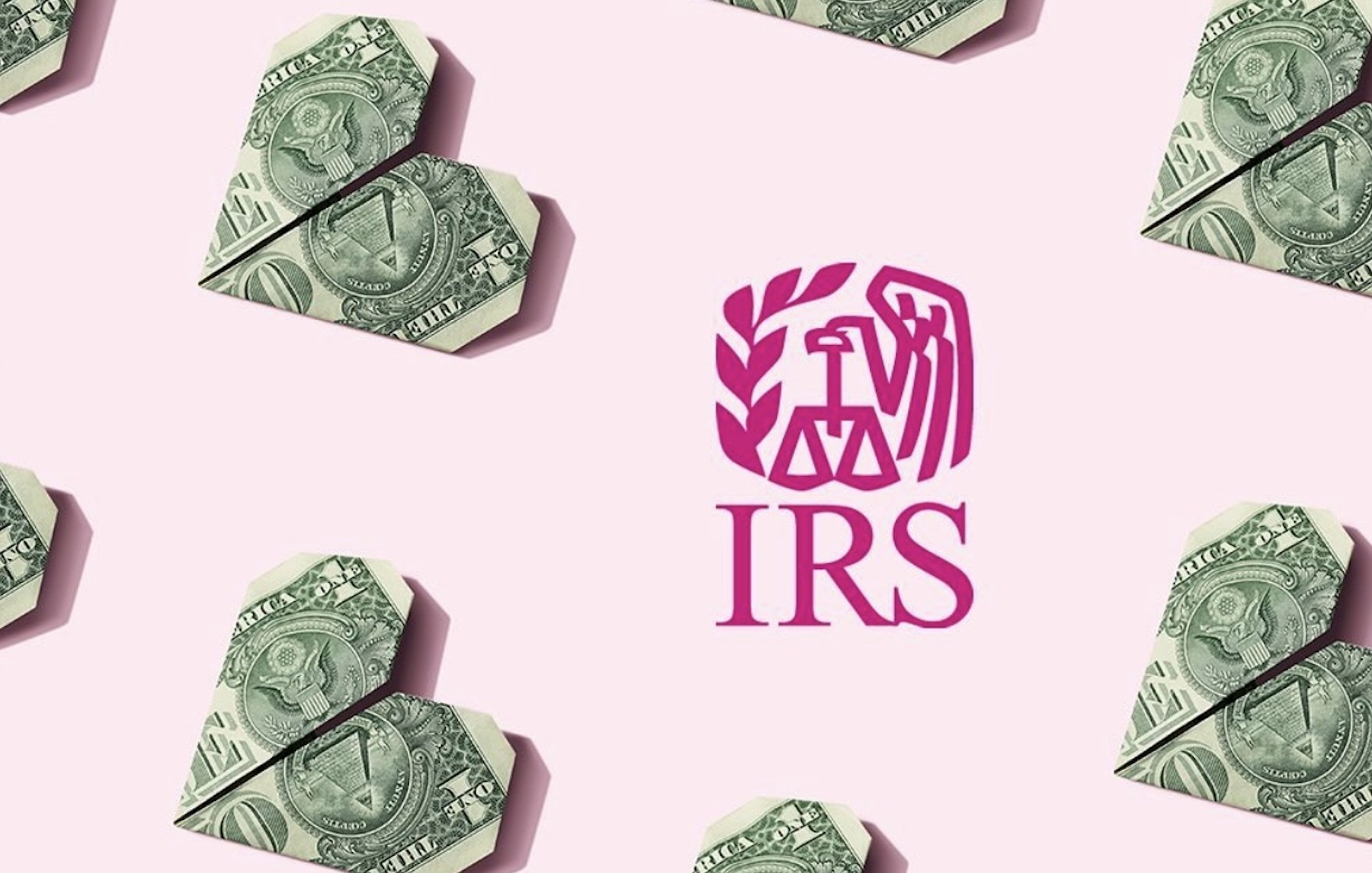
Recent legislative changes aim to simplify the tax refund process and extend deadlines for special circumstances, such as natural disasters or pandemics.
Staying on top of these changes can help taxpayers ensure they do not miss out on potential refunds or relief from the IRS.
IRS Tools and Resources for Taxpayers

While not available for use in this particular round, the IRS offers several online tools to help taxpayers claim their refunds.
These include the ‘Where’s My Refund?’ tool and the IRS2Go app, which provide updates on refund status and valuable tax tips.
IRS Efforts to Notify Eligible Taxpayers

The IRS uses various methods to alert eligible taxpayers about their unclaimed refunds. Through direct mail campaigns, public service announcements, and social media posts, the agency aims to reach all potential claimants before the looming deadline.
However, taxpayers need to be aware of scams that may impersonate the IRS. It is essential to verify any communication claiming to be from the agency by contacting them directly or through their official website.
Avoiding Scams Related to Tax Refunds
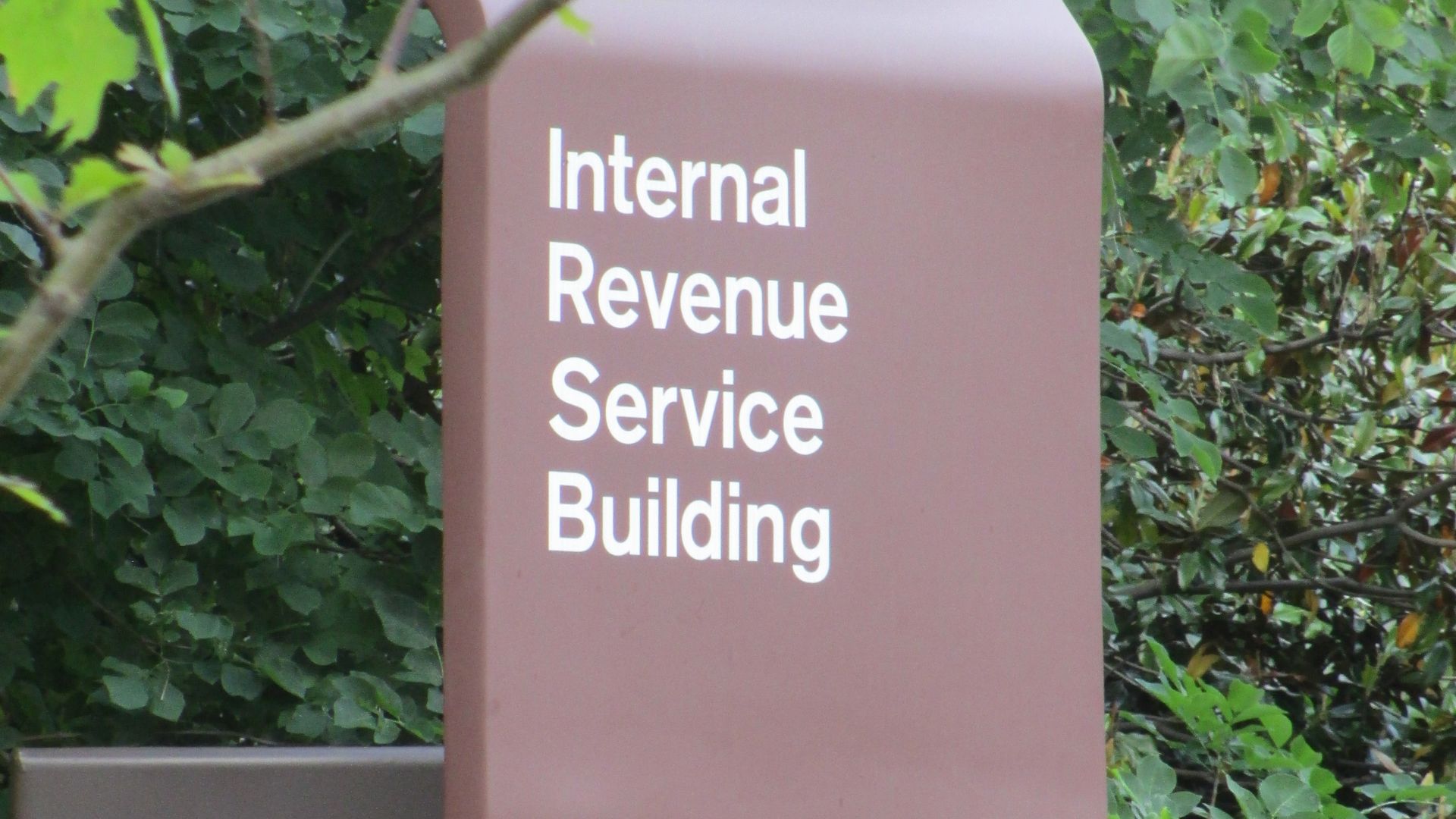
Taxpayers should be vigilant about scams, especially during tax season. Common red flags include unsolicited calls or emails claiming to expedite refunds for a fee.
The IRS never initiates contact via email, text, or social media to request personal or financial information.
Future of Tax Refunds

The future of tax refunds may include more automated systems and digital processes to streamline filing and reduce errors (via Safe Tax).
These advancements could make it easier for taxpayers to claim their refunds promptly and accurately.
How Unclaimed Refunds Affect the U.S. Treasury

Unclaimed refunds that revert to the Treasury are used to fund government operations, but this is not their intended purpose.
These funds are meant for taxpayers, and their reallocation can inadvertently affect federal budget planning and execution.
Final Checklist Before the Deadline

Before the deadline, ensure all of your tax returns are filed, check eligibility for any overlooked refunds, and consult with a tax professional if unsure.
Also, verify the mailing address for submissions and double-check the completed forms for errors to secure your refund.
